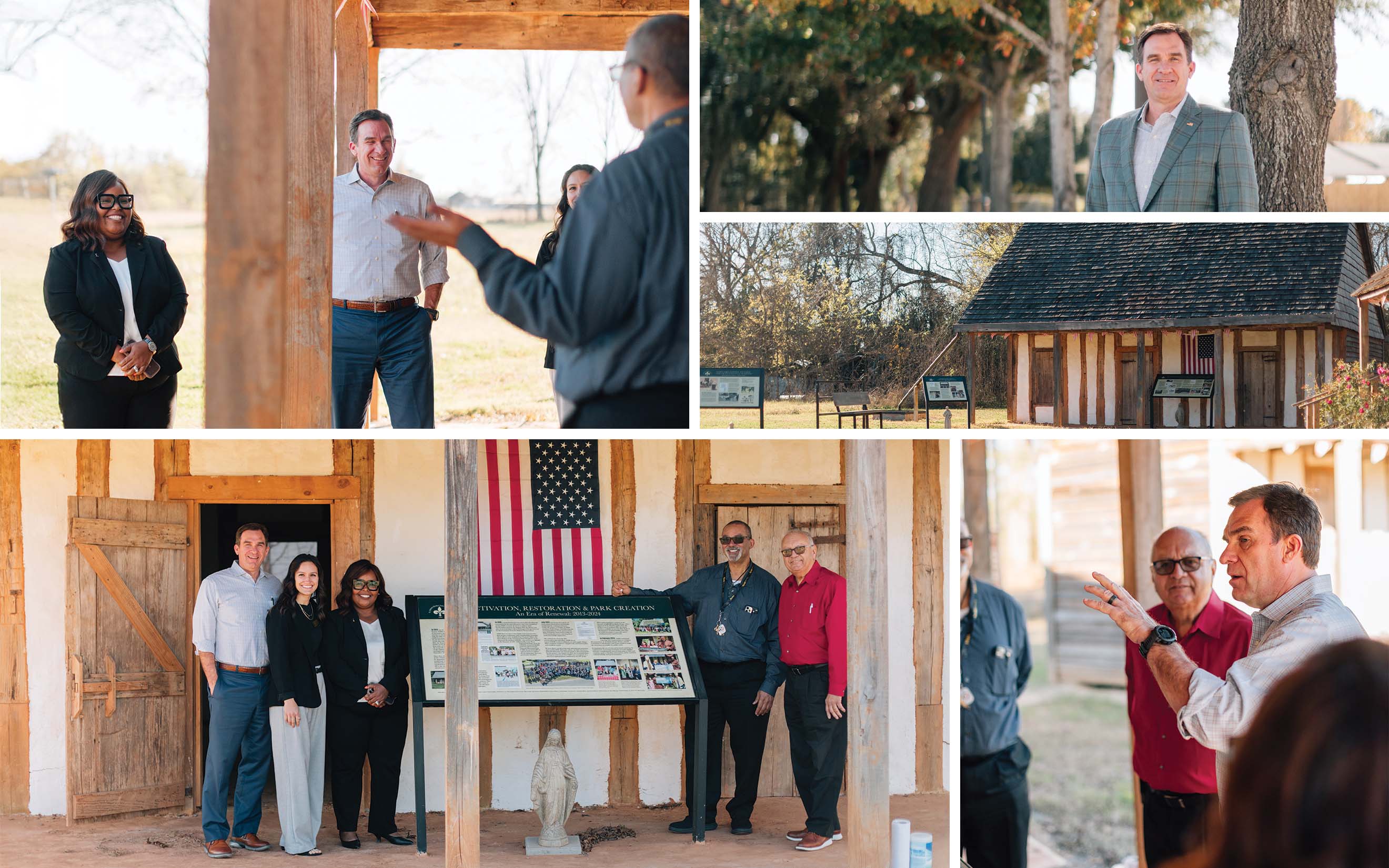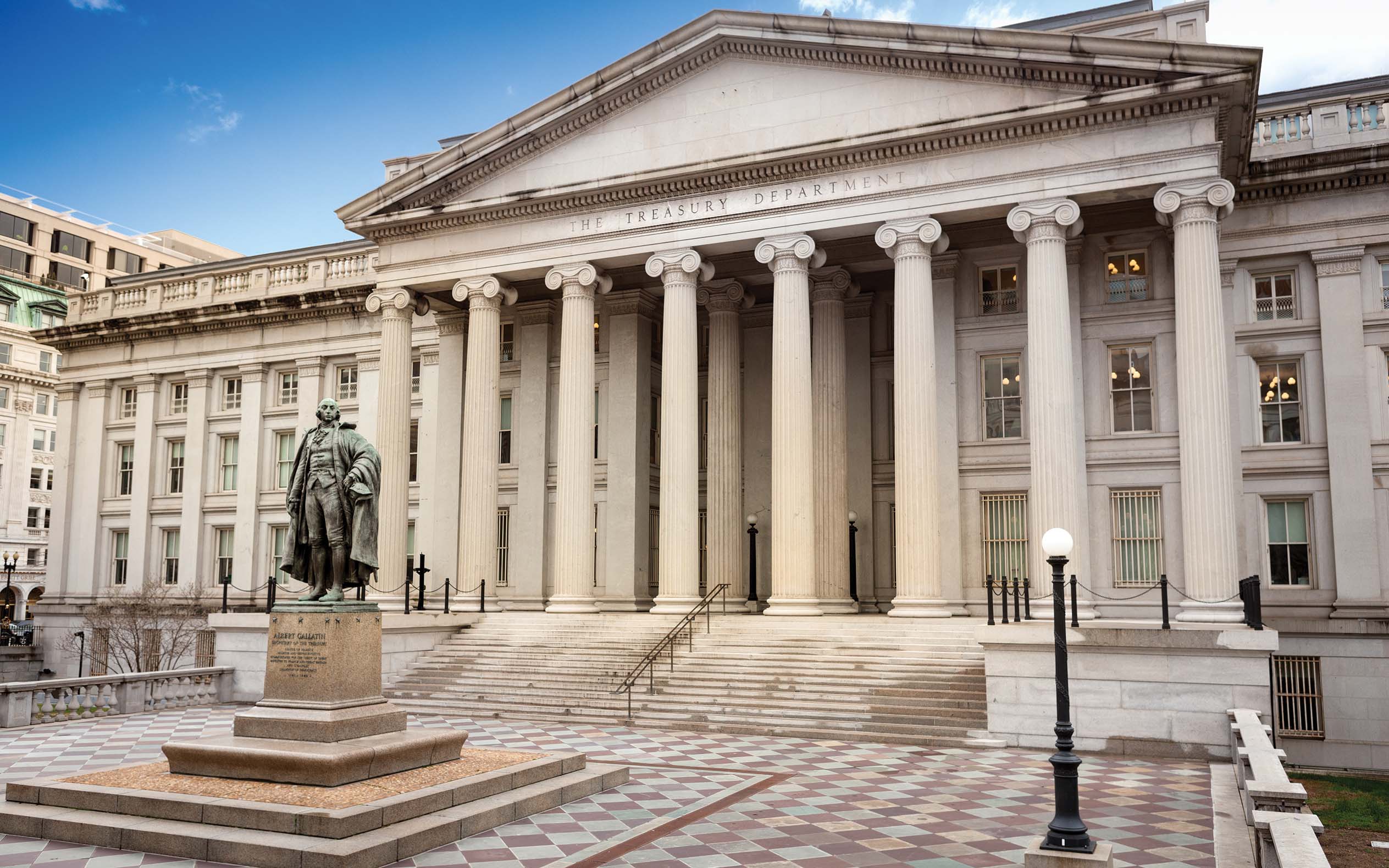Digital media gives community bankers a platform for advocacy, and ICBA’s Virtual Advocacy Primer details how you can put it to work.
Member Benefits: Advocacy through digital channels
0223 Capitol Building 2k
February 01, 2023 / By Rachel Hatcher
Digital media gives community bankers a platform for advocacy, and ICBA’s Virtual Advocacy Primer details how you can put it to work.
How can a community banker best connect with a member of Congress? With the growing number of virtual options—whether it’s email, social media or video calling—community bankers can bridge the gap and advocate for the industry’s best interests, whether that’s cannabis-related business financing, small and rural business credit, or credit unions’ unfair advantage.
Quick Stat
57%
of constituents said that their representative and/or senator uses Facebook more since the pandemic.
Source: Congressional Management Foundation
After COVID changed how we all do business, senators and representatives have expanded their presence across technology by livestreaming on social media, posting Q&As and running email or phone campaigns. According to a 2020 Congressional Management Foundation report, constituents reported their representative and/or senator used online platforms either “more” or “significantly more” since the pandemic began.
So, how can you take advantage of this reinforced media connection?
Lay out a plan
ICBA’s Virtual Advocacy Primer explains how community bankers can use digital options to take grassroots action for the benefit of the industry. With these social and digital platforms, you have new points of contact for your representative.
Before making contact with your representative, first ask yourself why. What’s your end goal? Are you trying to raise awareness about a certain policy or bill affecting community banks? Are you trying to prevent it from being passed?
Once you have that goal in mind, schedule a virtual meeting. Find the representative’s or senator’s scheduling process on their official website and follow every step.
Your meeting request should cover:
Your plan (either a tour or a meeting)
The subject of the meeting and the specific topic you’re discussing
The participants (including zip codes)
Background information regarding the subject (reports, one-pagers, etc.)
After making the request, call the member’s office to discuss and finalize the length of the meeting and any software preferences (such as what virtual platform you will use for the meeting). Wait a week for a response and then follow up if necessary by phone, Facebook message and/or Twitter direct message. Once you hear a response, thank them and notify any bank staff who will be involved.
Be thorough about preparation
Before the meeting, study up on your Congress member by looking through websites, newsletters, news alerts and social media. Make sure other meeting participants from your bank do the same. You can even rehearse among yourselves to ensure the meeting is concise, informative and personal.
It’s also important to test out the meeting’s technical components, including the software platform (Zoom, Microsoft Teams, GoTo Meeting, etc.), lighting and sound. You may want to invest in an external light and/or microphone. Having a high-quality setup will guarantee that your message gets across and could help you stand out from the crowd.
Before the meeting, take 15 minutes to work out any of these technical kinks and provide everyone with a backup plan if the software fails (such as using a phone line).
When you join the scheduled meeting, thank your member of Congress using their proper title. Give them the what, why and how:
What do you want them to do? (Only cover one or two issues)
Why is this important to you?
How will this affect the local area, district and voters?
Provide a clear, direct and achievable request
Monitor your meeting’s runtime. Keep it concise, but don’t forget to leave time for questions. Afterwards, draft your follow-up and thank-you emails (see the ICBA template on our website).
As an expert in the community banking industry, be sure you use a tone that represents that.
Two days after the meeting, give yourself 30 minutes to complete the follow-up. Only 8% of constituents follow up in a timely, helpful way, according to Hill staff. By following up, you reinforce the importance of the issue.
Stay up to date
Once you successfully meet and talk with your Congress member, use these methods to keep up with their current events and updates:
Set up Google news alerts
Visit your officials’ websites and sign up for their newsletters
Follow them on social media (Facebook, Twitter, Instagram, etc.)
Attend virtual town halls
ICBA wants to hear about your advocacy efforts, too, and can help support you. Email John Coleman, ICBA’s director of advocacy, at john.coleman@ICBA.org regarding your meetings with Congress.
—Rachel Hatcher
ICBA action resources
Find out more about ICBA advocacy opportunities and efforts
Wondering about ICBA’s latest stances on banking policy, concerns and issues? Visit icba.org/advocacy to learn about recent bills and for more information on what it takes to do effective advocacy work.
For an in-person advocacy experience, stay tuned for more information on the 2023 ICBA Capital Summit this April.
Subscribe now
Sign up for the Independent Banker newsletter to receive twice-monthly emails about new issues and must-read content you might have missed.
Sponsored Content
Featured Webinars
Join ICBA Community
Interested in discussing this and other topics? Network with and learn from your peers with the app designed for community bankers.
Subscribe Today
Sign up for Independent Banker eNews to receive twice-monthly emails that alert you when a new issue drops and highlight must-read content you might have missed.
News Watch Today

Join the Conversation with ICBA Community
ICBA Community is an online platform led by community bankers to foster connections, collaborations, and discussions on industry news, best practices, and regulations, while promoting networking, mentorship, and member feedback to guide future initiatives.












